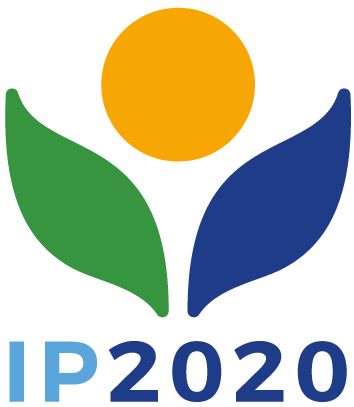Call for Papers - International Conference 'A sustainable Europe: Society, Politics and Culture in the Anthropocene'

Background
Europe has been described as a model that is continuously ‘failing forwards’ by evolving through crisis towards ever-greater institutional integration, supported by increased economic efficiency and prosperity. However, climate change has made it perfectly clear that the current model of economic expansion based on the consumption of finite resources and continuous contamination of the natural environment cannot continue to form the basis of the material underpinning of societal integration in Europe.
At the same time, we are also witnessing how the discussion regarding the finalité or ‘end point’ of European integration is increasingly on the political agenda, with political parties and social movements representing substantial parts of the European population openly questioning the current state of affairs in Europe as well as the spill-over logics of European integration associated with the ‘failing forward’ approach, openly advocating for a spill-back, taking competences and functions back to the state, and reconstructing the nation-state as the most important focus for value orientations and political and social solidarity.
Furthermore, these agendas often include a securitisation of difference and a strong Self-Other dichotomy, with diversity and human mobility being constructed as a threat on economic, cultural, social and religious grounds. In this regard, the notion of the Anthropocene stresses precisely the interconnectedness of ecological, social, economic and political problems and struggles. Climate change, which gives rise to increased human mobility, and the process of transitioning to a circular economy, pose new challenges to the redistribution of wealth in European societies and potentially create new social and political cleavages.
Sustainability has generally been thought of in terms of creating a balance between current and future human needs and aspirations in the intersection of macroeconomics (GDP growth), the environment (balanced eco- systems) and the social field (education, employment), which has again led to criticisms of the concept as having an inherently conservative analytical and political bias. However, the notion of a sustainable Europe does not need to imply a static, reactionary, self-sufficient and inward-looking Europe. On the contrary, a sustainable Europe can be seen as an inherently dynamic concept that sees ecological, democratic and societal long-term viability made possible by continuous reconstruction of European societies through innovative cultural, social, economic and political practices under the ecological constraints posed by the limits of our planet.
Call for papers
Against this background, the conference invites contributions that deal with the sustainability of Europe in an ecological, democratic or societal sense, particularly papers that address the following issues:
- The transition to a carbon-free and circular economy (ecological sustainability)
- The challenges of the demoicratic governance of the European space allowing for meaningful and fair participation of citizens and peoples (democratic sustainability)
- The construction of identity, trust and solidarity in increasingly diverse societies (societal sustainability)
- How to teach questions of sustainability in the field of European Studies (teaching-learning panel)
Please send your paper abstract (max. 300 words, the paper title and 5 key words) in pdf format by the 1st March 2020 to conference convenor Steffen Bay Rasmussen (steffen.bayrasmussen@deusto.es)
A selection of the best conference papers will be published, subject to peer review, as a special issue of the Deusto Journal of European Studies (included in ESCI (WoS), Scopus, DOAJ, CSIC, Schimago Rankings).
Timeline:
1st March 2020: Deadline for submission of abstracts 15th March 2020: Notification of acceptance of proposals
1st April 2020: Registration for conference (no fee required)
